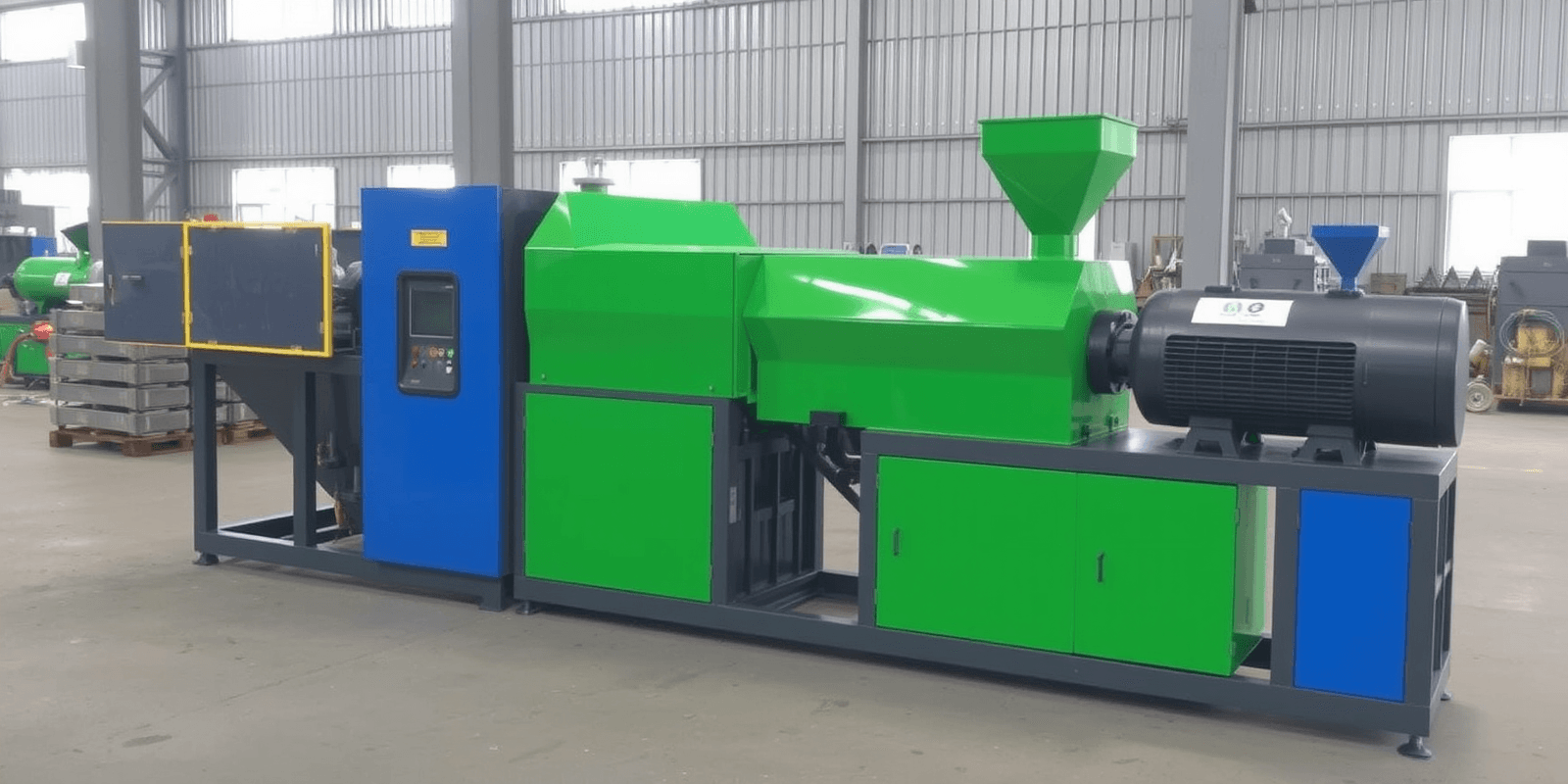Physical Address
304 North Cardinal St.
Dorchester Center, MA 02124
Physical Address
304 North Cardinal St.
Dorchester Center, MA 02124

Plastic waste is a global challenge, with millions of tons generated every year. The need for efficient recycling solutions has never been more critical. Modern plastic waste recycling equipment has evolved significantly, harnessing innovation and technology to enhance efficiency. This article explores the key features and benefits of these advanced machines, shedding light on how they contribute to a sustainable future.
The environmental impact of plastic pollution is profound. According to a report by the World Economic Forum, by 2050, there could be more plastic in the ocean than fish if current trends continue. Thus, innovative recycling solutions are essential to reducing plastic waste and promoting a circular economy.
Modern recycling equipment utilizes state-of-the-art sorting technologies that include optical sensors, air classifiers, and AI-driven systems. These technologies can identify and separate different types of plastics more accurately than ever before. The result is a more efficient recycling process, reducing contamination and increasing the quality of recycled materials. For example, systems like near-infrared (NIR) spectroscopy can quickly distinguish various polymer types, ensuring that plastic waste is sorted correctly.
Efficiency is at the heart of modern recycling machinery. Innovations in shredding, grinding, and washing equipment allow for high throughput processing of plastic materials. For instance, machines can process thousands of kilograms per hour, transforming waste into usable plastic pellets swiftly. This increased processing capacity not only reduces operational costs but also enhances the overall economic viability of recycling plants.
Energy consumption is one of the major costs involved in recycling operations. New technologies focus on reducing energy usage while maintaining high performance. For example, equipment with regenerative drives and optimized motor controls can save significant amounts of electricity. Companies like BHS-Sonthofen provide energy-efficient solutions that minimize carbon footprints and operational expenditures.
Automation has emerged as a crucial aspect of modern recycling operations. With the implementation of Industry 4.0 concepts, recycling equipment now comes equipped with advanced control systems that enable remote monitoring, diagnostics, and maintenance scheduling. This can significantly reduce downtime and maintenance costs while increasing operational efficiency. The integration of IoT technology allows for real-time data collection, enhancing decision-making processes.
Modern recycling machines are designed to handle a variety of plastic waste types, including rigid containers, film plastics, and even composite materials. This versatility is complemented by customizable settings that allow operators to adjust parameters based on the specific waste stream they are processing. Companies such as ThermoPlastic provide tailor-made solutions to meet the unique needs of different recycling facilities.
The primary benefit of sophisticated recycling equipment lies in its positive environmental impact. By increasing recycling rates and improving the quality of recycled materials, we can significantly reduce the volume of plastic waste that ends up in landfills and oceans. A study by PLOS ONE highlights that efficient recycling can contribute to lower greenhouse gas emissions and conserve natural resources.
Investing in modern plastic waste recycling equipment can lead to substantial economic advantages. While the initial investment may be high, the long-term savings in operational costs, coupled with the potential revenue from selling high-quality recycled materials, can result in a favorable return on investment. Furthermore, as regulations around plastic waste become stricter, companies that invest in efficient recycling solutions are likely to stay ahead of compliance costs.
Modern recycling practices align seamlessly with the principles of the circular economy. By efficiently processing plastic waste and transforming it back into raw materials, these systems support the creation of closed-loop systems in manufacturing. Various organizations, including the Ellen MacArthur Foundation, promote initiatives that underscore the importance of recycling and reusing materials in this circular model.
The advancement of recycling technologies not only enhances efficiency but also creates jobs in the sector. As the demand for skilled workers to operate and maintain sophisticated recycling equipment grows, new job opportunities arise. This influx of jobs contributes to local economies and supports communities transitioning towards sustainable practices.
Modern plastic waste recycling equipment exemplifies the intersection of innovation and efficiency, making significant strides in combating the global plastic crisis. With advanced sorting technologies, energy-efficient operations, and automation, these machines not only streamline the recycling process but also provide substantial environmental and economic benefits. As society continues to grapple with plastic waste, it is imperative that we invest in and support these technologies to foster a more sustainable future.